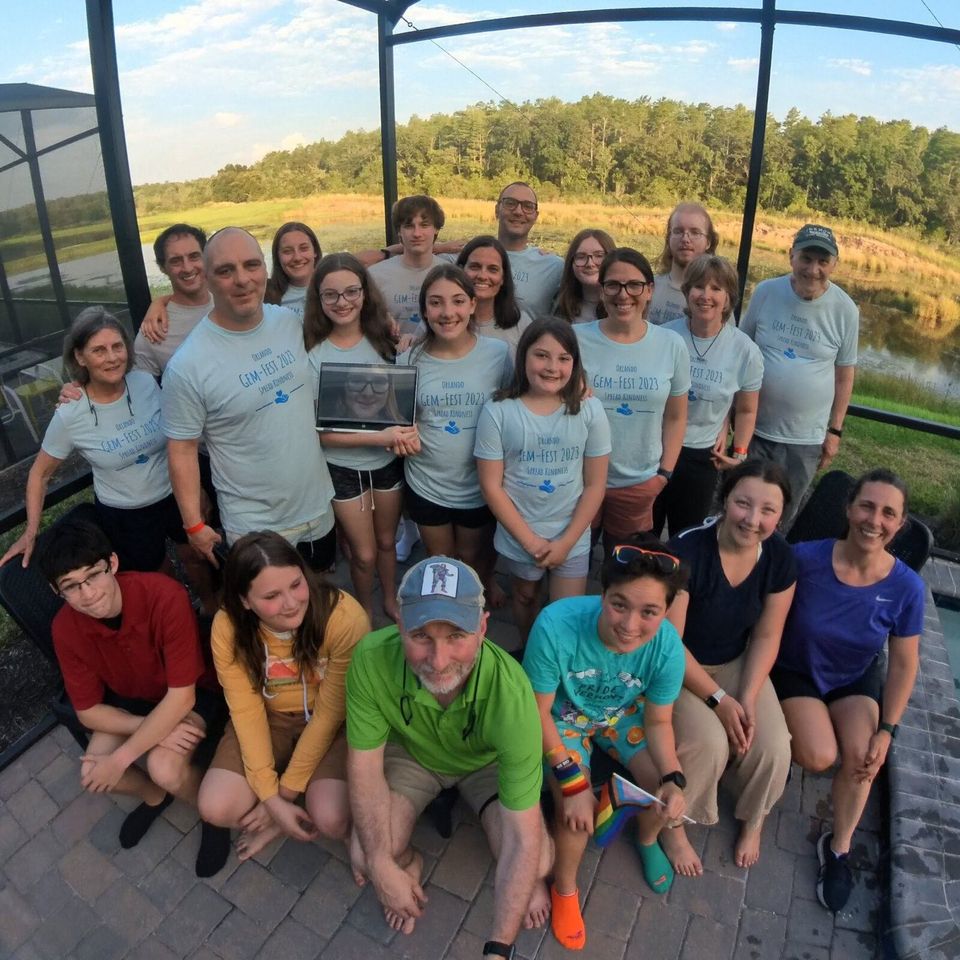Difficult Conversations
I’m writing this up as a blog post for a couple reasons.
1) I want to be able to easily find the resource I’ll link to.
2) Although we talk with our children about pretty much anything/everything, The Buster, especially, has a very fine line of dis/comfort on some topics. We still need to have these conversations, but it may be easier for him to read about this on the blog.
3) We’re raising our children with a village of folks near and far. I care about your children, and I know our children could come to you if they needed help. This is a topic we all must deal with.
Here’s my story: When I was about 12, a male friend of my parents asked me for a hug when there were no other adults around. I was babysitting my 4 year old nephew at home by myself. This was a person who had known my family for a very long time. A hug is no big deal, right?
Well, the hug lasted too long and the feeling I had about the whole situation was icky and uncomfortable, and I told my parents. I wasn’t even sure if it was a big deal, and maybe I was wrong, or shouldn’t trust my feelings about the situation.
My parents were fabulous. They quickly made it clear that I was absolutely correct in telling them, that my feelings were completely accurate, and that I should always trust my instincts to guide me.
My dad went and talked to this family friend and told him he was no longer welcome in our home, and that he should never, ever touch me again.
My relief and gratitude were boundless. I never saw that man again, and I was so thankful. This incident taught me a whole host of things:
1) My parents believed me…immediately. I knew I could trust them if anything would ever come up that was an even bigger than this issue.
2) I could trust them to stick up for me. A friend of decades had no power of my family. I counted for so much more.
3) I internalized those feelings of worth. I had an invisible shield of love.
This is not to say that children who also had loving, supportive families have not been hurt. There are adults who will take advantage of children and those unable to protect themselves, but, we can send the message to our children that they do not have to be a victim. If an incident ever does occur, our child is not at fault and should not hesitate to tell an adult.
This guide has some great tools for having the conversations: The Underwear Rule.




